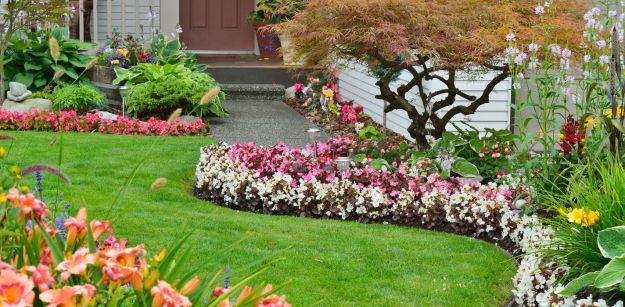Are you thinking about starting a compost pile? Good for you! Composting is a natural and cost-effective way to enrich your garden soil, reduce waste, and promote sustainable gardening practices. Whether you’re a beginner or have some experience with composting, this comprehensive guide will provide you with all the information you need to transform your garden through composting.

What is Composting?
Composting is the process of decomposing organic materials, such as food scraps and yard waste, into a nutrient-rich soil amendment. It mimics the natural decomposition process that occurs in forests or grasslands but in a controlled environment. When done correctly, composting produces a dark, crumbly material called humus that can be used to improve soil structure and provide essential nutrients to plants.
Why Compost?
There are several reasons why composting is beneficial for your garden and the environment. Here are some of the main benefits:
- Reduces waste: Instead of sending organic materials to landfills where they contribute to methane emissions, composting diverts them by turning them into useful soil amendments.
- Enriches soil: Compost contains a variety of essential nutrients that can improve soil health and fertility. It also helps retain moisture, prevent erosion, and suppress weeds.
- Saves money: Composting is a low-cost alternative to purchasing fertilizers or other soil amendments. Plus, it reduces the need for watering and weeding in your garden.
- Promotes sustainability: By composting, you are participating in a natural recycling process and reducing your carbon footprint. This promotes sustainable and eco-friendly gardening practices.
Getting Started
Now that you know the benefits, let’s get started on creating your compost pile!
Step 1: Choose a Composting Method
There are several methods for composting, so it’s essential to choose one that fits your needs and space availability. Some popular methods include:
- Backyard Composting: This method involves creating a pile or bin in your yard and adding organic materials as they become available.
- Vermicomposting: This is the process of using worms to break down food scraps and other organic waste into compost. It’s an excellent option for those with limited space, such as apartment dwellers.
- Trench Composting: This method involves burying food scraps in a trench or hole dug in your garden. It’s a great way to add nutrients directly to the soil and reduce odors when composting food scraps.
Step 2: Gather Materials
For successful composting, you will need a mix of “green” and “brown” materials. Green materials are nitrogen-rich and include food scraps, grass clippings, and coffee grounds. Brown materials are carbon-rich and include leaves, straw, and wood chips. It’s essential to have a balance of both types for effective composting.
If you are located in Salt Lake City, you can easily find organic materials from your garden or purchase them from a local nursery. You can also consider organic compost delivery services in the Salt Lake City area.
Step 3: Build Your Compost Pile
Once you have your materials, it’s time to build your compost pile! Remember these tips for creating a successful pile:
- Layer materials: Alternate layers of green and brown materials to create a balanced mix.
- Add water: Compost needs moisture to break down properly, so make sure to keep your pile damp but not soaking wet.
- Aerate regularly: Turning or mixing your compost pile every few weeks will help speed up the decomposition process and prevent odors.
Step 4: Monitor and Use Your Compost
Composting is an ongoing process, so it’s essential to monitor your pile. Check the moisture levels and turn or mix the materials as needed. After a few months, you should have finished compost that can be added to your garden soil. Be sure to use gloves when handling the compost and avoid using mature compost with seeds or diseased plant material.
As you can see, composting is an easy and beneficial practice for any gardener. Not only does it provide a free source of high-quality soil amendment, but it also promotes sustainability and reduces waste. So what are you waiting for? Start composting today and transform your garden into a healthy and thriving ecosystem!